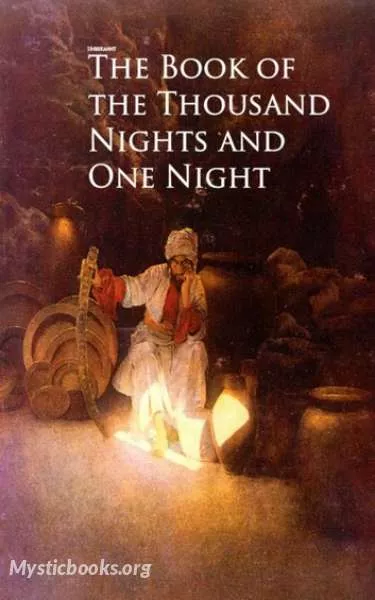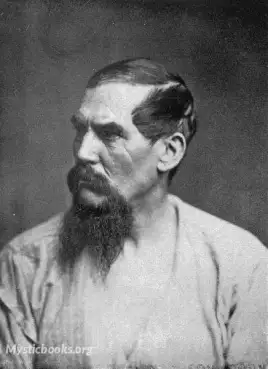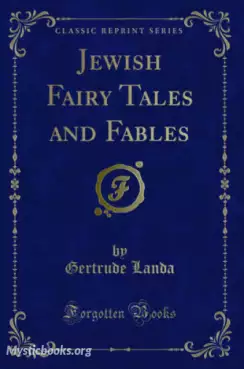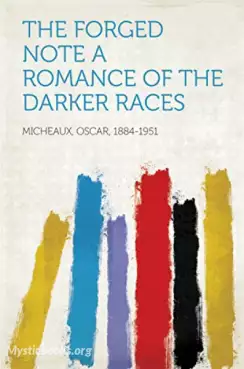
The Book of the Thousand Nights and a Night (Arabian Nights) Volume 11
'The Book of the Thousand Nights and a Night (Arabian Nights) Volume 11' Summary
The main frame story concerns Shahryār (Persian: شهريار, from Middle Persian: šahr-dār, 'holder of realm'), whom the narrator calls a "Sasanian king" ruling in "India and China." Shahryār is shocked to learn that his brother's wife is unfaithful. Discovering that his own wife's infidelity has been even more flagrant, he has her killed. In his bitterness and grief, he decides that all women are the same. Shahryār begins to marry a succession of virgins only to execute each one the next morning, before she has a chance to dishonour him.
Eventually the Vizier (Wazir), whose duty it is to provide them, cannot find any more virgins. Scheherazade (Persian: شهْرزاد, Shahrazād, from Middle Persian: شهر, čehr, 'lineage' + ازاد, āzād, 'noble'), the vizier's daughter, offers herself as the next bride and her father reluctantly agrees. On the night of their marriage, Scheherazade begins to tell the king a tale, but does not end it. The king, curious about how the story ends, is thus forced to postpone her execution in order to hear the conclusion. The next night, as soon as she finishes the tale, she begins another one, and the king, eager to hear the conclusion of that tale as well, postpones her execution once again. This goes on for one thousand and one nights, hence the name.
The tales vary widely: they include historical tales, love stories, tragedies, comedies, poems, burlesques, and various forms of erotica. Numerous stories depict jinn, ghouls, apes, sorcerers, magicians, and legendary places, which are often intermingled with real people and geography, not always rationally. Common protagonists include the historical Abbasid caliph Harun al-Rashid, his Grand Vizier, Jafar al-Barmaki, and the famous poet Abu Nuwas, despite the fact that these figures lived some 200 years after the fall of the Sassanid Empire, in which the frame tale of Scheherazade is set. Sometimes a character in Scheherazade's tale will begin telling other characters a story of his own, and that story may have another one told within it, resulting in a richly layered narrative texture.
Different versions differ, at least in detail, as to final endings (in some Scheherazade asks for a pardon, in some the king sees their children and decides not to execute his wife, in some other things happen that make the king distracted) but they all end with the king giving his wife a pardon and sparing her life.
The narrator's standards for what constitutes a cliffhanger seem broader than in modern literature. While in many cases a story is cut off with the hero in danger of losing their life or another kind of deep trouble, in some parts of the full text Scheherazade stops her narration in the middle of an exposition of abstract philosophical principles or complex points of Islamic philosophy, and in one case during a detailed description of human anatomy according to Galen—and in all of these cases she turns out to be justified in her belief that the king's curiosity about the sequel would buy her another day of life.
Book Details
Authors

Richard Francis Burton
England
Sir Richard Francis Burton was a British explorer, scholar and soldier. He was famed for his travels and explorations in Asia, Africa, and the Americas, as well as his extraordinary knowledge of langu...
Books by Richard Francis BurtonDownload eBooks
Listen/Download Audiobook
- Select Speed
Related books

Jewish Fairy Tales and Fables by Gertrude Landa
Gertrude Landa or rather, Hannah Gittel (Annie Gertrude) Landa nee Gordon wrote under the pen-name of Aunt Naomi. The stories that she relates in this...

Aesop's Fables, Volume 12 (Fables 276-284) by Aesop
Dating back to the 6th century BC, Aesop's Fables tell universal truths through the use of simple allegories that are easily understood. Though almost...

Canadian Wonder Tales by Cyrus Macmillan
This collection of Canadian folk tales, compiled by Cyrus Macmillan, features a diverse range of stories originating from both Indigenous oral traditi...

The Forged Note: A Romance of the Darker Races by Oscar Micheaux
It tells a captivating story about the complex issues of race and class in early 20th-century America. Published in 1935, "The Forged Note" centers a...

Strange Stories From a Chinese Studio by Pu Songling
Liaozhai zhiyi, known in English as Strange Tales from a Chinese Studio or Strange Stories from a Chinese Studio, is a Chinese romance fantasy novel....

Paulicea Desvairada by Mário de Andrade
Paulicea Desvairada is a collection of poems by Mário de Andrade, considered a seminal work of Brazilian Modernism. Published in 1922, the book showc...

The Martian by Alec Rowley Hilliard
The water was evaporated by the ever-shining sun until there was none left for the thirsty plants. Every year more workers died in misery. A stranger...

St Andrews Ghost Stories by William Thomas Linskill
In the shadowed corridors of Scotland's oldest university, whispers of the past echo through time, and chilling tales emerge to haunt the curious soul...

A London Mosaic by Walter Lionel George
Set in London during the early 1900s, the story follows the lives of several characters from different social backgrounds. "A London Mosaic" is a capt...

Grimm Tales Made Gay by Guy Wetmore Carryl
A comic rendering in verse of well-loved Fairy Tales of the Brothers Grimm, each ending with a moral and full of puns. The titles of the tales themsel...
Reviews for The Book of the Thousand Nights and a Night (Arabian Nights) Volume 11
No reviews posted or approved, yet...